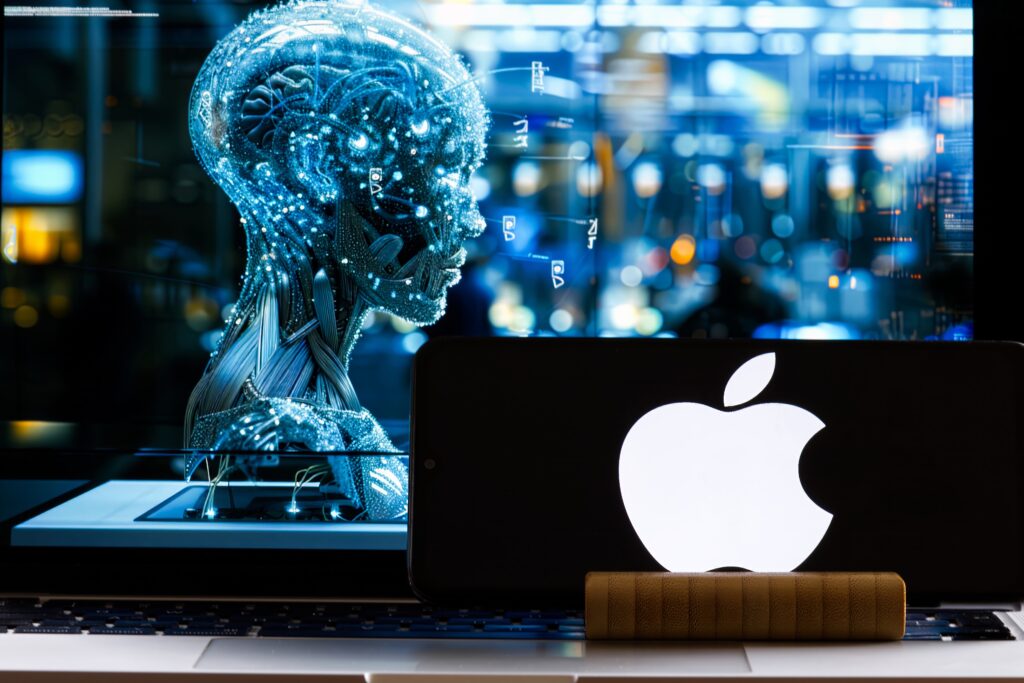The UK has reportedly demanded Apple create a backdoor to access encrypted data, raising concerns about user privacy globally. This unprecedented request could affect millions of iPhone, iPad, and Mac users.
Britain’s Demand for Encrypted Data Access
The UK government has reportedly ordered Apple to create a backdoor into its encrypted data, which would allow authorities blanket access to data stored in the cloud. This could include sensitive information like messages, photos, and notes from users around the world. Apple, a company known for championing user privacy, has historically fought similar demands. The current request marks a major escalation, with concerns rising over how this could impact user privacy.
Currently, only the user has the keys to decrypt such data. If the UK’s demand is granted, it would be a significant shift in privacy standards. Governments often request access to encrypted data during criminal investigations, but this request goes further than anything previously seen, especially among democratic nations.
Matthew Green, a cryptography expert from Johns Hopkins University, expressed concern over the broader implications of such a decision. He warned that if the UK gains access to encrypted data, other countries, including adversaries of the US, may request similar permissions. “That could make it hard for Apple and compromise privacy for everyone in the US,” Green stated.
Could American Data Be Exposed?
Apple has a history of resisting government demands to unlock encrypted data. In 2016, Apple fought against a US government request to unlock an iPhone used by a shooter. Although the UK order may push Apple to comply during the appeal process, experts suggest Apple could choose to stop offering encrypted storage in the UK altogether.
John Villasenor, co-director of UCLA’s Institute for Technology, Law, and Policy, highlighted the privacy risks in a world increasingly reliant on cloud storage. “This highlights how cloud storage convenience can result in significant privacy trade-offs,” he said.
Although experts confirm the UK has not yet accessed encrypted data, Andrew Crocker of the Electronic Frontier Foundation urged Apple to resist the order. Apple has not responded to media requests for comment.
Broader Global Implications
The UK’s actions could set a dangerous precedent for other nations to request similar access to encrypted data. Villasenor cautioned that if the UK can achieve this, other countries might soon follow suit. This could open the door to unwanted access to sensitive data globally.
China, a key market for Apple, is one of the primary concerns. Green warned that China’s history of cyber campaigns, such as the recent Salt Typhoon incident, which targeted US telecom companies, underscores the risks of allowing governments unrestricted access to data. While the average person may not feel like a target, experts stress that government agencies may view encrypted data as a tool for public protection.
However, granting backdoor access introduces significant risks, including hacking and identity theft. Crocker explained that allowing access to one government would likely lead to demands from others. “Even governments we don’t trust will want this access,” he stated.
Green emphasized that the US government would likely struggle to enforce similar demands. The UK’s order is based on the Investigatory Powers Act of 2016, a law without a US counterpart. “There’s no US law allowing such broad access,” Crocker clarified.
Should You Enable Advanced Data Protection on iPhone?
In light of the UK’s order, experts recommend that iPhone users enable Apple’s Advanced Data Protection (ADP). This feature, introduced in 2022, ensures end-to-end encryption for cloud data, preventing Apple from accessing user information. Despite the recent challenges, Green advises users to activate ADP for added security. “It’s an extra layer of protection worth having,” he said, emphasizing its importance in safeguarding sensitive data on your device.
